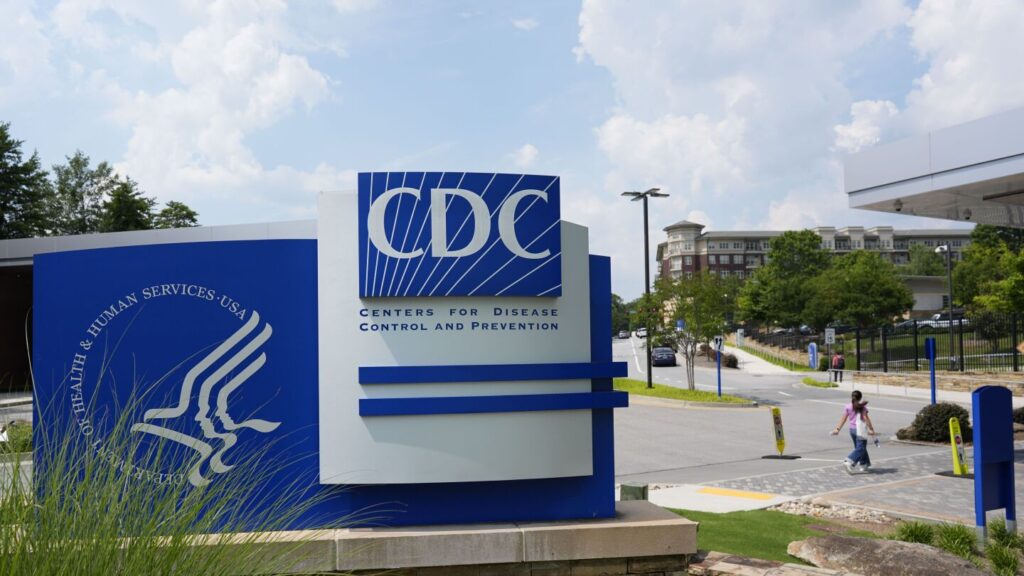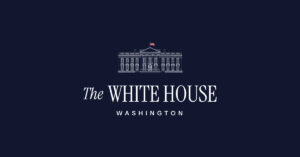
The Trump administration is set to expand the availability of RSV vaccinations to adults starting at age 50, reducing the previous age threshold from 60. This decision follows the advice of a recently dismissed panel of government vaccine advisers. The update was quietly published on a Centers for Disease Control and Prevention (CDC) webpage, although it has yet to appear on the agency’s official adult immunization schedule as of Wednesday.
RSV, or respiratory syncytial virus, is generally a mild illness akin to a common cold. However, it can pose severe, even life-threatening risks to infants and older adults. The CDC currently recommends RSV vaccination for certain pregnant women and a one-time shot for everyone aged 75 or older. Additionally, individuals as young as 60 with specific health conditions that increase their risk are eligible for the vaccine.
Background and Recent Developments
In April, the CDC’s Advisory Committee on Immunization Practices, a highly influential body, recommended that RSV vaccination be extended to high-risk adults starting at age 50. However, the CDC has been without a director to formally adopt this recommendation, and Health Secretary Robert F. Kennedy Jr. did not take immediate action.
Last month, in a surprising move, Kennedy dismissed all 17 members of the advisory panel and appointed seven new members, some of whom are known vaccine skeptics. This new panel has since raised concerns among medical professionals by questioning established science on a rarely used flu vaccine preservative and announcing an investigation into the children’s vaccine schedule. Notably, the panel did not revisit the RSV vaccination guidelines for older adults.
Implications of the New Recommendation
On Wednesday, a CDC webpage revealed that Kennedy had adopted the ousted panel’s recommendation on June 25 to extend RSV vaccination to high-risk individuals in their 50s, marking it as an “official recommendation of the CDC.” This decision was first reported by Endpoints News, highlighting a significant policy shift amidst ongoing leadership changes at the CDC.
The expansion of RSV vaccination to a younger cohort of high-risk adults is expected to have substantial public health implications. According to experts, this move could potentially reduce the incidence of severe RSV cases among middle-aged adults, a demographic increasingly recognized as vulnerable due to underlying health conditions.
Expert Opinions and Reactions
Medical experts have expressed mixed reactions to the recent developments. Dr. Emily Richards, an infectious disease specialist, stated,
“Expanding RSV vaccination to high-risk adults in their 50s is a positive step towards preventing severe respiratory illnesses in a broader population.”
However, she also noted concerns about the procedural changes at the CDC, emphasizing the importance of maintaining scientific integrity in public health decisions.
Meanwhile, the American Medical Association and other health organizations have voiced apprehensions about the new advisory panel’s approach and its potential impact on vaccine policy. The decision to bypass the traditional advisory process has sparked debate over the future of vaccine recommendations and the role of scientific expertise in public health governance.
Looking Forward
The adoption of the RSV vaccination recommendation for adults aged 50 and over represents a significant shift in the CDC’s immunization strategy. As the agency navigates its current leadership transition, the broader implications of these changes remain to be seen. Health Secretary Kennedy’s recent actions, including the unusual step of altering COVID-19 vaccine recommendations without consulting the advisory committee, suggest a potential departure from established protocols.
As the CDC continues to update its guidelines, healthcare providers and the public will be closely monitoring the agency’s decisions. The expansion of RSV vaccination could serve as a precedent for future policy shifts, underscoring the need for transparency and evidence-based decision-making in the realm of public health.







